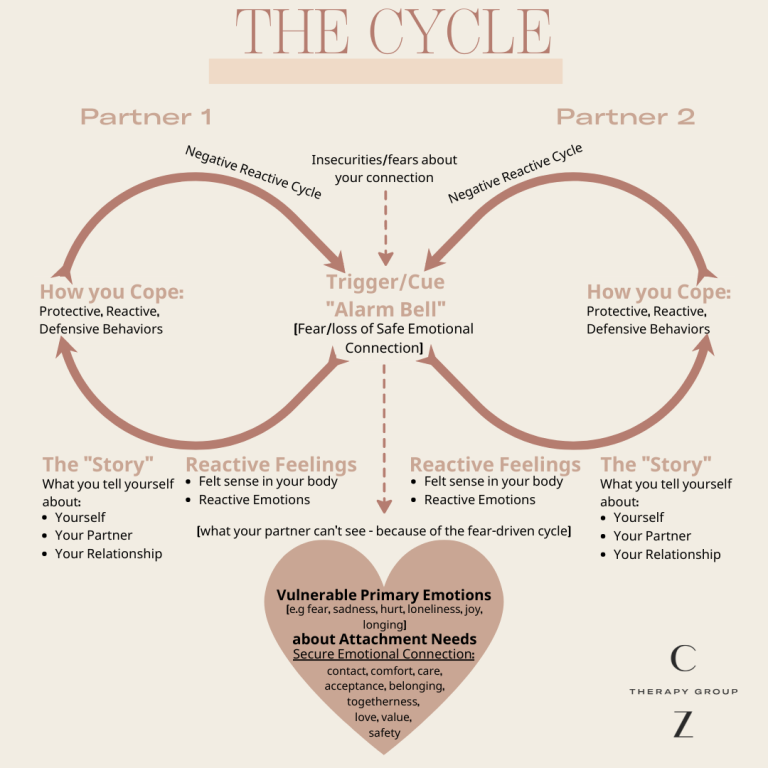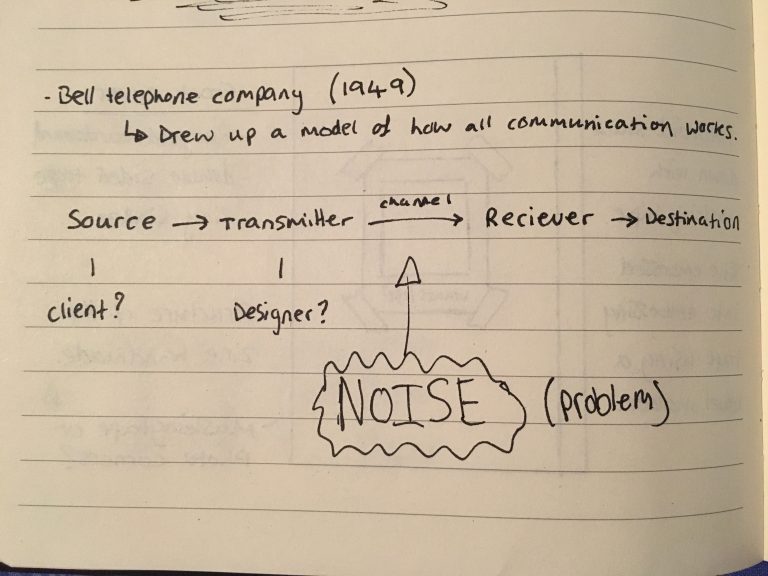How to Recover From Mistakes in Public Speaking: Expert Tips
To recover from mistakes in public speaking, stay calm and composed. Acknowledge the mistake briefly and continue confidently.
Public speaking can be nerve-wracking, even for seasoned professionals. Mistakes happen and can disrupt your flow. The key to handling these errors is maintaining composure. By staying calm and acknowledging the mistake quickly, you can regain your audience’s trust. Confidence is crucial; it helps you navigate through the hiccup smoothly.
Remember, everyone makes mistakes. The audience is often more forgiving than you might think. Being prepared, practicing thoroughly, and having a strategy for handling errors can make a significant difference. This approach not only helps in recovering from mistakes but also enhances your overall public speaking skills.
Embrace The Mistake
Public speaking mistakes happen to everyone, even the most experienced speakers. The key to recovering from these errors is to embrace the mistake. Accepting your mistake can turn an awkward moment into a powerful connection with your audience.
Acknowledge It
When you make a mistake, acknowledge it right away. This shows your audience that you are human and honest. You can say something simple like, “Oops, I made a mistake there,” or “Let me correct that.” This brief acknowledgment helps you regain control and keeps the audience engaged.
Stay Calm
It’s important to stay calm after acknowledging your mistake. Take a deep breath and smile. Staying calm can help you think clearly and continue with your speech. Your audience will appreciate your poise and confidence.
Here are some tips to stay calm:
- Take a deep breath.
- Smile to ease the tension.
- Pause briefly to gather your thoughts.
By staying calm, you show your audience that you can handle unexpected situations. This can increase their respect and trust in you.
| Tip | Benefit |
|---|---|
| Take a deep breath | Helps you relax |
| Smile | Eases audience tension |
| Pause briefly | Gathers your thoughts |
Remember, everyone makes mistakes. The way you handle them can make a big difference. By embracing the mistake, you can turn a potential setback into a moment of connection with your audience.
Use Humor
Public speaking can be daunting. Mistakes are inevitable. Using humor can turn errors into memorable moments. Humor lightens the mood and creates a bond with the audience. Let’s dive into how humor can help in public speaking.
Lighten The Mood
Humor can instantly lighten the mood in the room. A well-timed joke can make the audience laugh. Laughter breaks the tension and makes everyone feel relaxed.
Here are a few tips to lighten the mood:
- Make a playful comment about the mistake.
- Share a funny personal anecdote.
- Use a light-hearted joke relevant to the topic.
These techniques can turn a serious moment into a fun experience. The audience will appreciate your ability to stay calm and collected.
Create Connection
Humor can also help to create a connection with your audience. It shows you’re human and relatable. People connect more with speakers who don’t take themselves too seriously.
Ways to create connection with humor:
- Be self-deprecating in a light-hearted way.
- Make fun of common experiences everyone can relate to.
- Use humorous stories to illustrate points.
Audience members will feel more engaged and connected. They will remember you and your message more clearly.
Here’s a quick comparison of techniques:
| Technique | Benefit |
|---|---|
| Playful Comment | Breaks tension |
| Funny Anecdote | Makes you relatable |
| Relevant Joke | Engages audience |
Using these techniques can transform your public speaking. Humor is a powerful tool. Use it to recover from mistakes and connect with your audience.
Refocus Your Audience
Public speaking mistakes can be embarrassing. But how you recover defines your success. Practicing resilience is key. It helps you bounce back quickly. Let’s explore some effective strategies.
Build Confidence
Confidence is essential in public speaking. It helps you stay calm. Here are some tips:
- Prepare thoroughly. Know your material well.
- Practice in front of a mirror.
- Record yourself and watch the playback.
- Visualize success before stepping on stage.
Confidence grows with practice. The more you practice, the more confident you’ll feel.
Seek Feedback
Feedback helps you improve. It highlights your strengths and weaknesses. Consider these steps:
- Ask trusted friends or mentors to watch your presentations.
- Encourage honest feedback. Embrace constructive criticism.
- Use feedback to make specific improvements.
- Track your progress over time.
Feedback is a gift. It helps you grow as a speaker.
Frequently Asked Questions
How Do You Overcome Bad Public Speaking?
Practice regularly to build confidence. Use deep breathing techniques to stay calm. Engage with the audience through eye contact. Prepare thoroughly and know your material well. Seek constructive feedback to improve continuously.
How To Recover After A Bad Presentation?
Reflect on what went wrong and learn from it. Practice more to improve. Seek feedback from trusted sources. Stay positive and focus on your next opportunity.
How Do You Deal With Public Mistakes?
I address public mistakes by acknowledging them quickly and transparently. I apologize sincerely and offer a solution. I ensure to learn from the experience to prevent future errors. Effective communication and responsibility are key to maintaining trust.
Conclusion
Recovering from public speaking mistakes is essential for growth. Stay calm, acknowledge errors, and continue confidently. Practice regularly to build resilience. Learn from each experience to improve. By embracing mistakes, you become a more effective and engaging speaker. Remember, every great speaker has faced and overcome similar challenges.
Keep speaking and growing.



